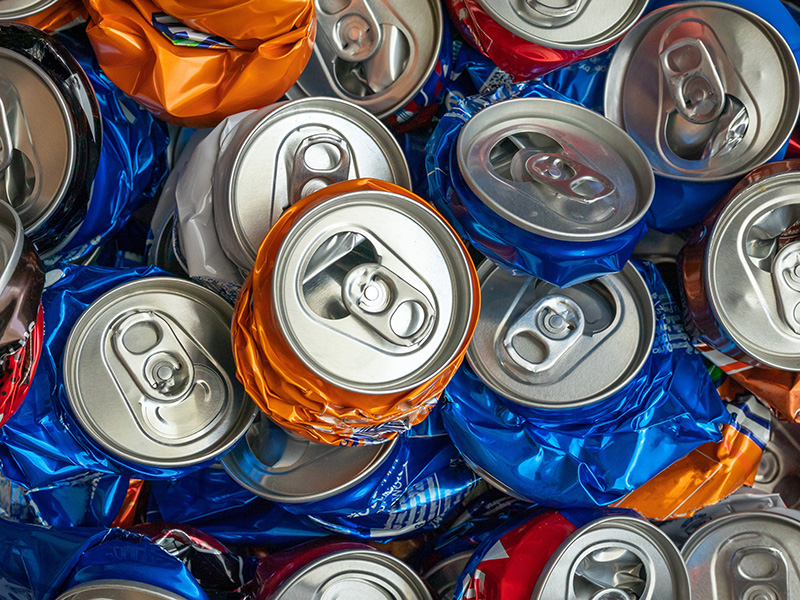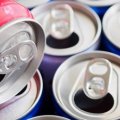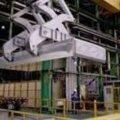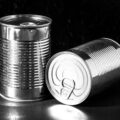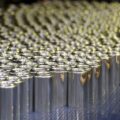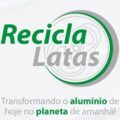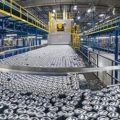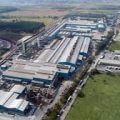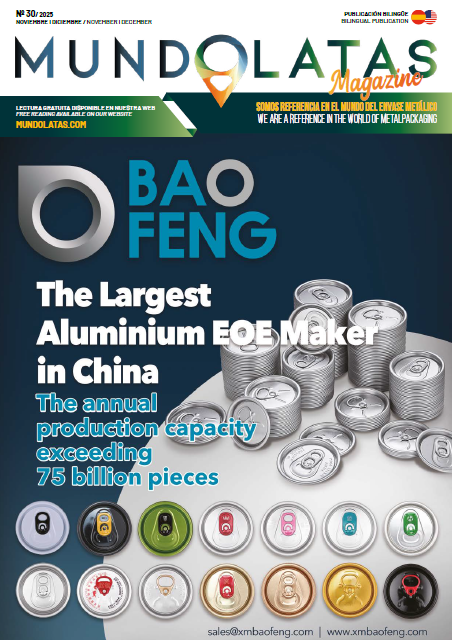On September 28 and 29, the Packaging and Sustainability Forum, organized by the Brazilian Packaging Institute, brought together leaders who are directly involved with the industry. The event aimed to stimulate debate on the stability of the planet, raising the issue of conscious consumption and a transition to a circular economy.
The meeting was attended by the companies that make up the aluminum production chain: Companhia Brasileira de Aluminio (CBA), Novelis and Ball Corporation. At the launch, a company called Better Drinks has a new Brazilian beverage made from 100% aluminum cans and named Mamba Water.
For his part, Estevão Braga, Sustainability Director of Ball South America, recalled that the aluminum can is a reference of the circular economy in Brazil and in the world, and this is part of a long process that began 30 years ago. “It was 33 billion cans recycled in 2021, that’s 90 million units a day, a thousand per second. It is a frightening speed. It is an efficient industry, which shows the effect of three decades of investments. In addition, there are more than 800 thousand people benefited by the collection”, the executive pointed out.
According to Braga, recycling considerably reduces greenhouse gas (GHG) emissions, since it uses only 5% of the electricity needed in the production of primary metal. In doing so, the sector contributes to the country’s compliance with international commitments related to climate change.
In 2020, the Brazilian Aluminum Association (ABAL), the Association of Aluminum Can Manufacturers (Abralatas) and the Ministry of the Environment (MMA) signed the Term of Commitment for the Reverse Logistics of Aluminum Beverage Cans.
“It is the only sector that has signed an agreement on recycling, which is above 95%. So far they have developed other commitments such as the training of employees, cooperatives and educational campaigns for end consumers”, reiterated the manager.
Novelis, the leading multinational company in the aluminum industry, showed that it was responsible for 64% of the 33 million cans recycled in Brazil. The company believes it can repeat the success for other packaging.

